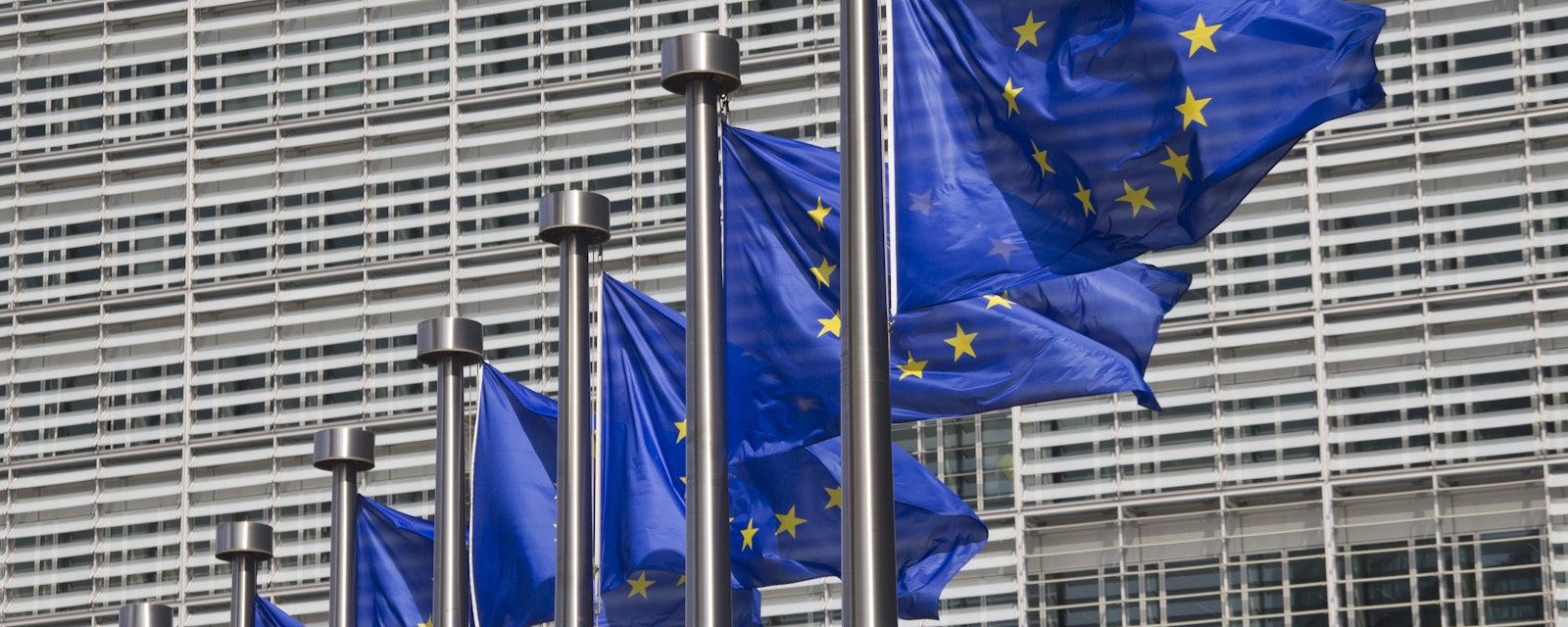The EU’s privacy rulebook, General Data Protection Regulation (GDPR), has proven one of the bloc’s most successful export products in the last five years, serving as inspiration to legislators around the world, and in some cases being copy-pasted straight into statute books. Europe now wants to replicate the success of GDPR as a normative template across a vast swathe of policies, turning the EU into a global exporter of rules. Whether the aim is to make society greener, harness the benefits of Big Data or shape policy to constrain the market power of digital platform multinationals, there is no doubting the EU’s ambitions.
But how does the rest of the world look at the EU’s digital ambitions? In a nutshell, there’s curiosity, but a cultural gap remains that will complicate the EU’s efforts to create a blueprint for global tech policy and norms.
The UK is the non-EU country that is most closely aligned with Europe’s rulebook, given its recent departure from the bloc. Britain’s desire to break free from EU ‘red tape’ is also not manifested in the technology space. The UK is dealing with many of the same issues as the EU, and practical considerations, including the current close alignment of UK law with the EU rulebook, means that transposing EU law into UK statutes is the path of least resistance.
In Canada’s complicated federal politics, Quebec is intensely Francophile and looking to the EU as a primary source of inspiration. However, translating that zeal to the English-speaking, US-oriented remainder of the country is not straightforward.
The US, home to many of the tech hyperscalers that the EU is targeting with its various laws, has an intense debate about how to deal with the same societal challenges, but from a different starting point: one anchored in freedom of enterprise and speech.
China looks to the EU as a potential trading partner and is therefore eyeing the European moves with curiosity, but also a level of indifference anchored in a mindset that is largely inward-looking.
For the rest of the world, particularly the developed section – countries like Japan, Singapore, Australia, and South Africa – the EU is certainly a source of inspiration, but policymakers will face the same cocktail of geopolitical pressure, domestic priorities and cultural differences that will determine the extent to which they wish to align with a rulebook like the one the EU is developing. The EU could prevail, but this is by no means a given outcome.
Underpinning Europe’s efforts is a desire to achieve ‘digital sovereignty’ and ‘strategic autonomy.’ In short, Europe is seeking the means to defend European citizens, businesses, and capital against external threats in a world where, over decades, the EU’s power levers have been lost in waves to the US and China. Europe now has less muscle with which to defend its sovereign assets – labour, infrastructure, and wealth. First, globalisation took hold, eroding Europe’s competitiveness until the EU had no choice but to join the movement and become its chief champion. Then, the beneficiaries of globalisation, such as Xi Jinping’s China and Donald Trump’s US, turned to mercantilism and protectionism, leaving a globalised and open Europe vulnerable to disruption of long and complex value chains – a phenomenon that came into sharp focus in the COVID-19 pandemic.
What started off as an export of ‘soft’ norms in the last century – pushing ‘European Values’ like fundamental rights, social protections, open markets, and rule of law in foreign policy and trade deals, has subsequently evolved into a business of exporting regulatory hardware. If Europe succeeds, it will have countries and companies around the world playing by European rules where it matters most, giving Europe the means to set the terms of trade to its own advantage, and enabling it to reclaim strategic autonomy and digital sovereignty by becoming a regulatory powerhouse.
However, if these efforts are unsuccessful, Europe could descend into a protectionist spiral, in which its own companies are left at a competitive disadvantage under an increasingly burdensome set of rules and ultimately cut off from global trade – a digital autarky. In the worst case, Europe will at some point in the future have to face the prospect of ditching its values for the sake of participating in the global economy, and will have to pay a steep price for its normative-export experiment.
Judging by the global mood, the worst-case scenario is unlikely to come true. The EU is well ahead in many respects and has a robust law-making process that helps cement its role as a wholesome rule maker. But the flavours may differ. Russia, for example, ended up adopting privacy legislation inspired by GDPR that led to severe restrictions on the data management practices of businesses.
As investors will know, past performance is not a guarantee of future returns, and this also holds for EU regulations. GDPR succeeded, largely due to the unassailable foundation it was built on in the form of Europe’s trauma from the violation of what became the charter of fundamental rights during World War II and the Cold War. This emotive and cultural anchor resonated around the world, paving the way for its spread from Chile to Japan. However, constraining the monopolistic power of digital platforms has no such anchor, although it may be an objective that many governments share. Therefore, it may be premature to say whether the GDPR success story can be easily replicated, and whether the results can be comparable.





